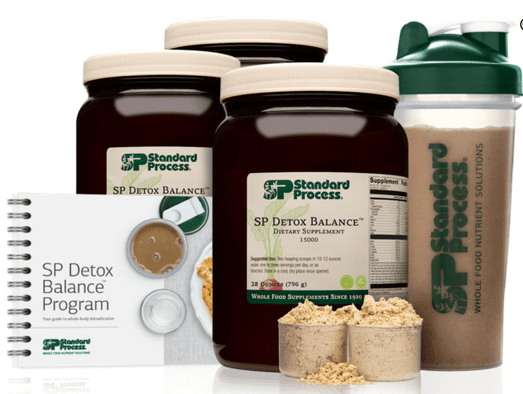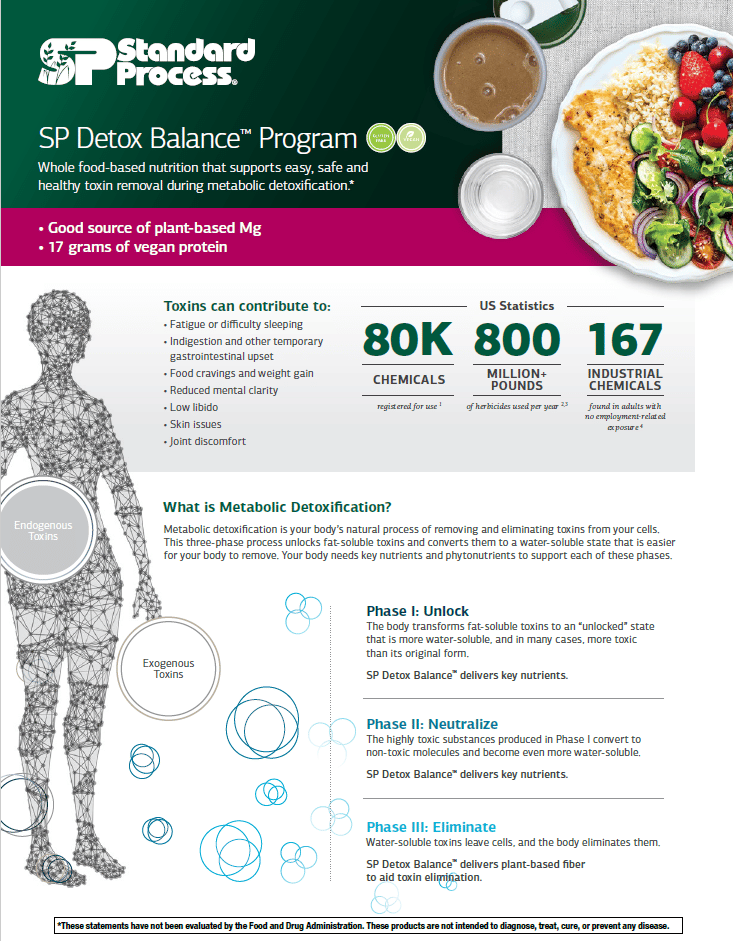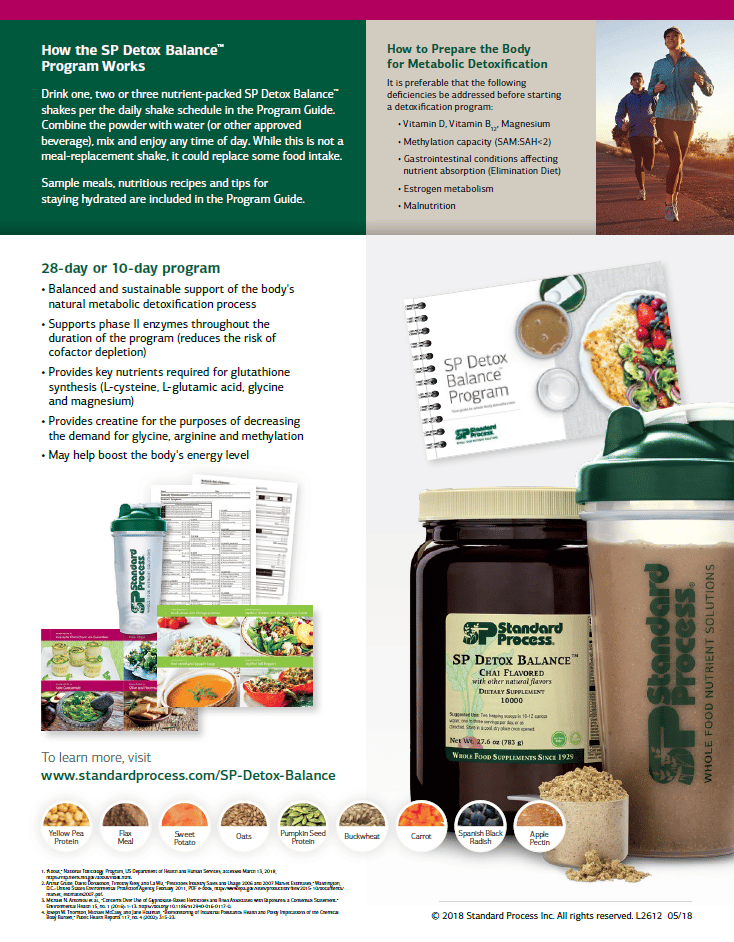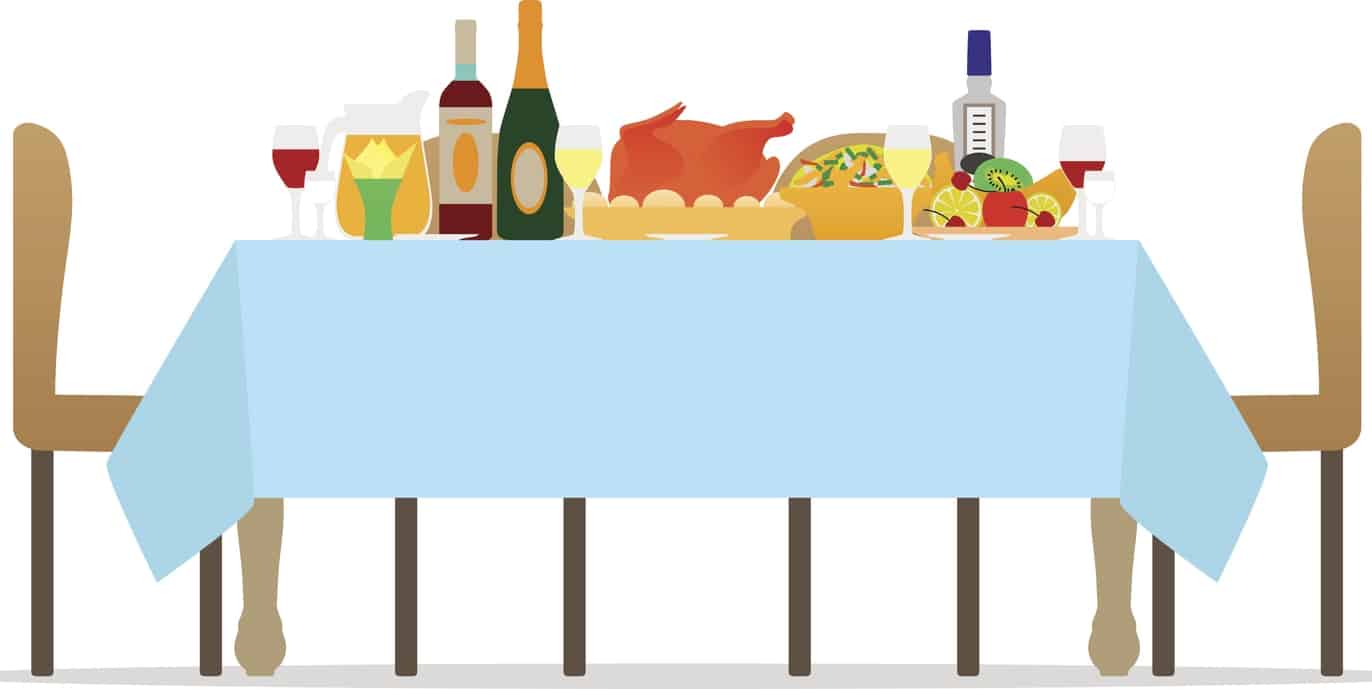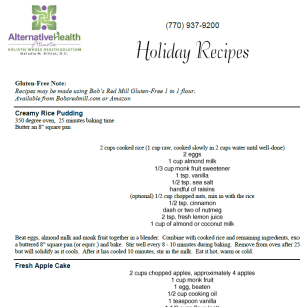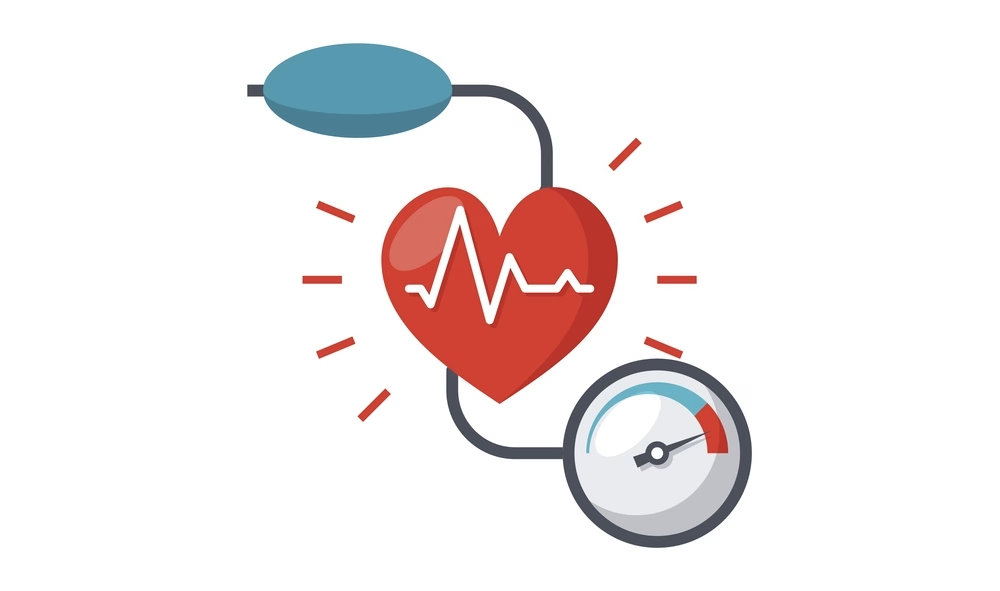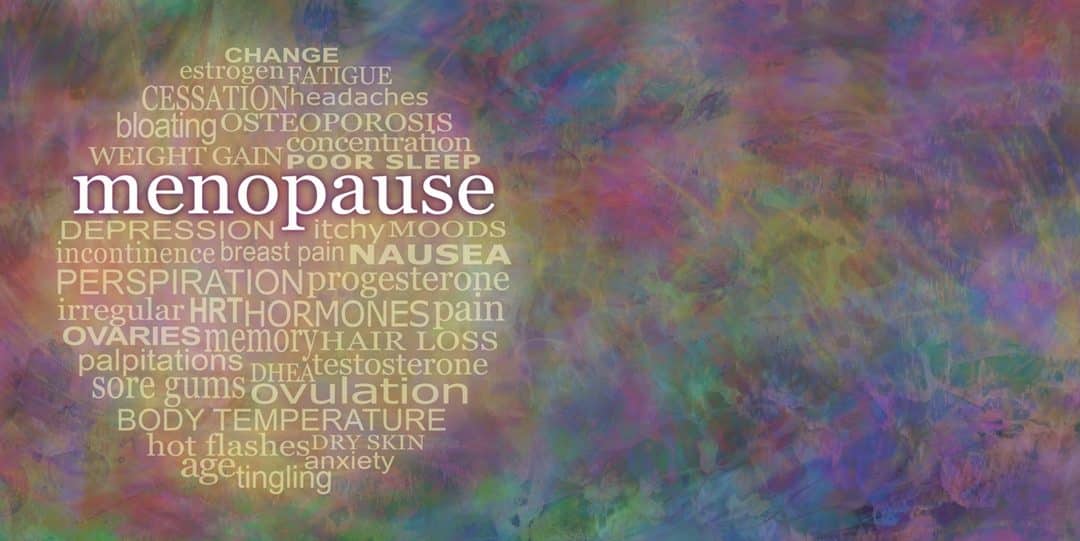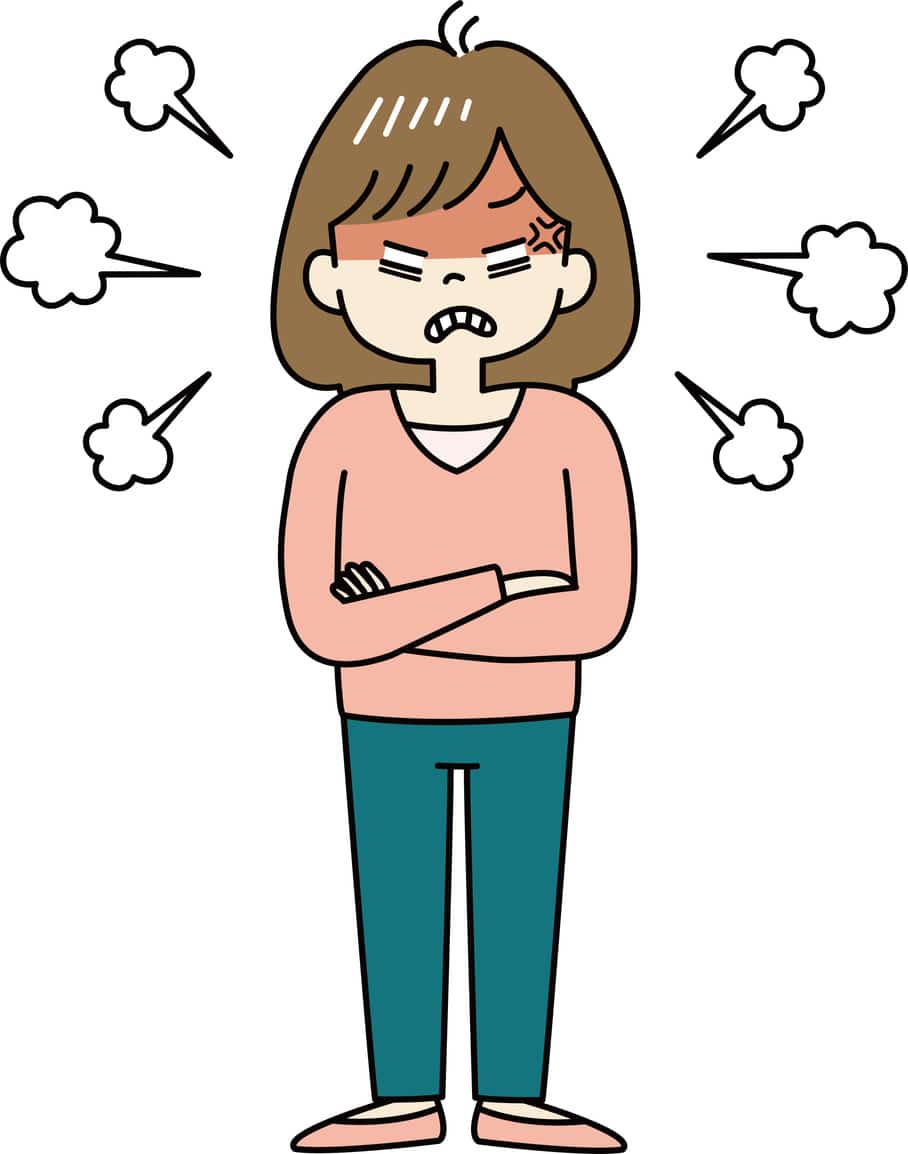Want To Lower Your Blood Pressure By 20 Points? Try This Exercise…
Eli Ben-Yehuda
Want to know about an exercise that can lower blood pressure significantly? We’re talking as much as 10-20 mmHg. No, it’s not an endurance exercise. No, it’s not strength exercise. It’s an exercise you can do anytime and anywhere. It’s called isometrics.
What are Isometric Exercises?
Isometric exercises, the kind where you contract large muscles without actually moving the body part, may help reduce blood pressure in healthy people, a study shows. And something as simple as squeezing your inner thigh muscles together while you sit would qualify.
That’s right. Isometric exercises can be done anytime, anywhere, and don’t require you to bend or lift. In a handful of studies, folks with normal blood pressure who did three 15 to 20 minutes sessions of isometric exercises every week for ten weeks experienced more than a 10-point plunge in their systolic blood pressure. And their diastolic pressure fell almost 7 points. Not bad for not lifting a finger! Simple things like doing a static hand grip, flexing the bottoms muscles, or doing leg squeezes all count. In the research, the three weekly sessions included doing multiple 2-minute rounds of isometric exercises like those, with 1 to 3 minute rests in between.
A hand grip spring dynamo-meter was used for IHG (Isometric Handgrip) exercise training in one study. A total of 30 normal healthy volunteers in the age group of 20-40 were enrolled for the study. The exercise training protocol consisted of five 3-min bouts of IHG exercise at 30% of maximum voluntary contraction separated by 5 min rest periods. The exercise was performed three times/week for 10 weeks. The subject’s blood pressure was measured before and after exercise.
There was a significant reduction in resting blood pressure following 10 weeks of exercise training. Both Systolic and Diastolic blood pressure reduced significantly.
In the mid-1970s, the U.S. Air Force asked Dr. Ronald Wiley, an expert in heart and lung physiology, to find a way to keep fighter pilots from losing consciousness when flying the F-16 fighter. This jet could accelerate so fast that the G-forces it generated made it difficult for the pilot’s heart to pump blood to the brain, causing vision problems, trouble thinking, and blackouts.
One of Wiley’s strategies was a hand grip that pilots could squeeze to boost their blood pressure enough to maintain circulation to the brain. As he worked with pilots, he was struck by a contradiction: Those who practiced with the hand grip for a few weeks lowered their resting blood pressure.
Types of Isometric Exercise
Plank Bridge
Lie down in the push-up position and place your elbows under your chest. Rest your body on the floor. Now, the entire weight of your body will be concentrated on your forearms. Push up your body and count to 10. Repeat 2 to 3 times. This is one of the simplest forms of isometric exercises, and it can be performed daily.
Isometric Push Up
Get into the pushup position as before and lie down with your arms extended. Lower your body to the halfway position and hold for about 10 seconds or count slowly until 10. This exercise can be repeated 2 or 3 times, depending on your fitness level. Most isometric exercises are not very tiring, but you must take it slowly if you’re a beginner.
Isometric Bicep Exercise
This is the simplest type of isometric exercise, and it can be easily done at the office. Put your hands under the desk and place them against the tabletop, with your palms up. Now, press against the tabletop, keeping your elbows tight against your ribs. Hold your hands in this position for 10 seconds or count slowly until 10, and then repeat 2 to 3 times.
Isometric Shoulder Raises
For this exercise, you will need a pair of dumbbells. Hold one dumbbell in each hand and stand with your feet shoulder-width apart. Raise both arms upwards from the side until they’re parallel to the ground. Hold them in this position for about 10 to 25 seconds, and repeat 2 to 3 times. If you find it difficult to raise both hands at the same time, you can start by raising one hand at a time.
Ball Squeeze
The ball squeeze exercise requires only a tennis ball or any other small ball. Hold the ball in one hand and squeeze it for 60 to 90 seconds. Place the ball in your other hand and repeat the squeeze for the same amount of time. Repeat the exercise three times with each hand.
Athletic Gripper Hold
Athletic grippers can be found at nearly any sporting goods store. Grippers generally come in different resistances so you’ll have to choose one appropriate for you. Ideally, you should use one that you are able to squeeze for two minutes before your muscles fatigue. Hold the athletic gripper in one hand and squeeze it for two minutes then switch hands and repeat the exercise. Complete the exercise twice with each hand.
Practicing isometric exercises offers various benefits to our body:
- Isometric exercises help in strengthening and conditioning muscles.
- They aid in strengthening dormant muscle tissues on isolated muscles.
- They improve one’s control over the body.
- Improve body posture and spine alignment.
- Help in preventing injury.
- These exercises are used in injury rehabilitation.
- Help in the development of lean muscles.
- Improve bone density and make them strong.
- Increase resistance power and endurance ability.
- These exercises activate all the major units in the body.
- These exercises can be done anywhere and anytime.
- Most isometric exercises do not require any equipment, or at most, a set of dumbbells is enough.
- Help in graceful aging, keeping body posture straight and erect even in old age.


